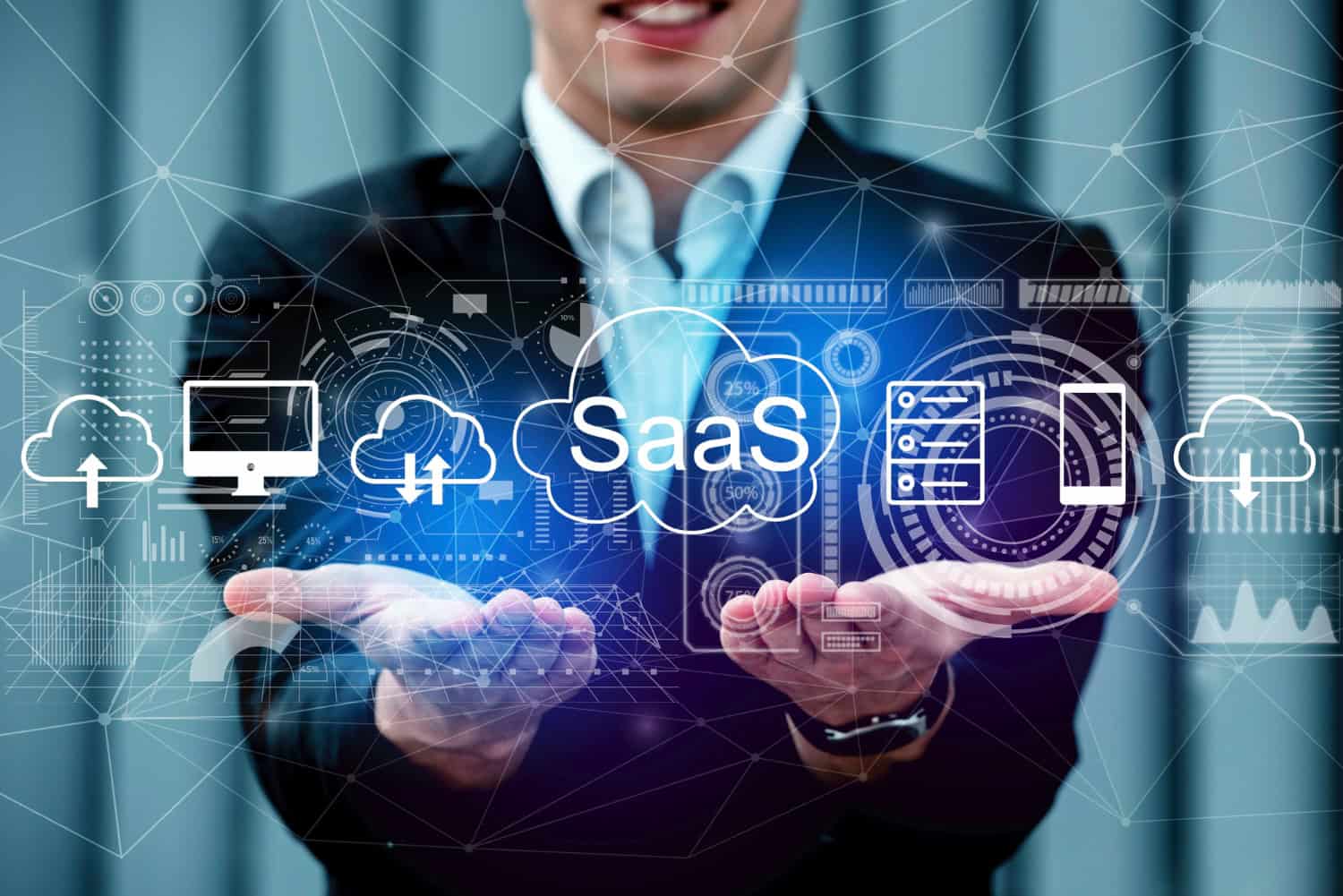
Imagine accessing your business software anytime, anywhere, from any device. Sounds pretty sweet, right? That’s the magic of SaaS (Software as a Service)!
Gone are the days of bulky software installations and expensive updates. SaaS is a cloud-based solution that delivers software as a service, revolutionising how businesses operate.
So, what are the benefits of ditching downloads and going SaaS?
- Always On the Go: Access your data and applications from anywhere with an internet connection. Make informed decisions on the fly, no matter where you are.
- Updates on Auto-Pilot: Forget clunky updates! With SaaS, the provider handles everything automatically. You’ll always be working with the latest version, ensuring smooth operation.
- Fort Knox Security: SaaS applications reside in secure cloud environments, protected from hackers by robust security measures. Data breaches become a worry of the past.
- Cost-Effective Choice: No need to invest in expensive hardware or IT staff. SaaS operates on a subscription model, with fees based on your needs, making it a budget-friendly option for small and medium-sized businesses (SMBs).
Why SaaS is Ideal for SMBs:
SaaS offers a perfect solution for SMBs. It eliminates the hassle of traditional software, allowing you to:
- Focus on Your Business: Stop worrying about software maintenance and focus on what matters most – running your business!
- Scale with Ease: SaaS solutions are flexible and can grow with your business. Simply adjust your subscription as your needs evolve.
- Stay Competitive: With the latest features always at your fingertips, you’ll have the tools you need to stay ahead of the curve.
A Word on Data Ownership:
While SaaS offers numerous benefits, it’s crucial to be aware of data ownership. Ensure your SaaS agreement clearly outlines data ownership before signing.
Ready to Embrace the Cloud?
SaaS can revolutionise the way you manage your business. If you’ve found the perfect SaaS solution and need help navigating the legal aspects, contact BBP Law Attorneys! We’ll help you understand the terms and conditions, ensuring a smooth transition to the cloud.
Don’t be held back by outdated software. Embrace the future of business with SaaS!


Recent Comments